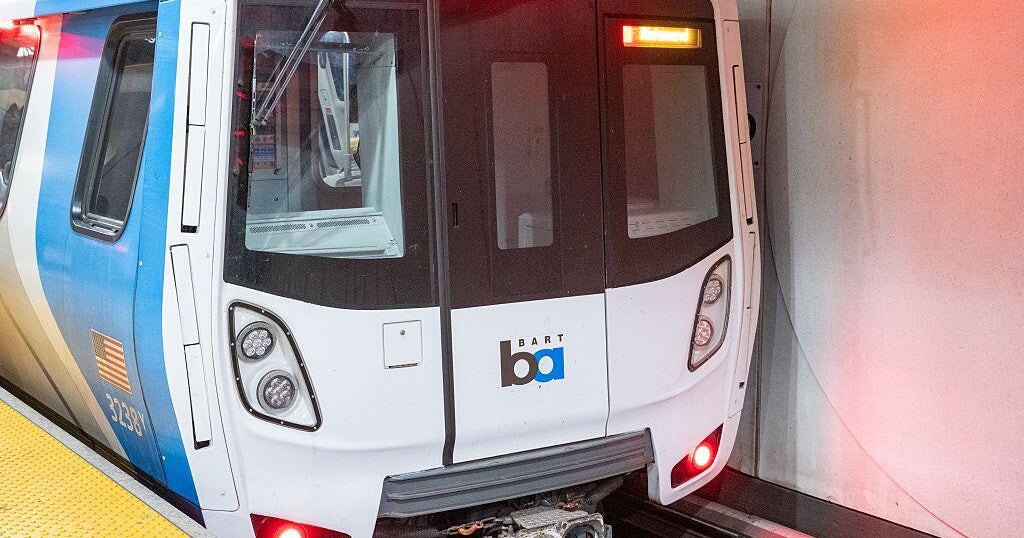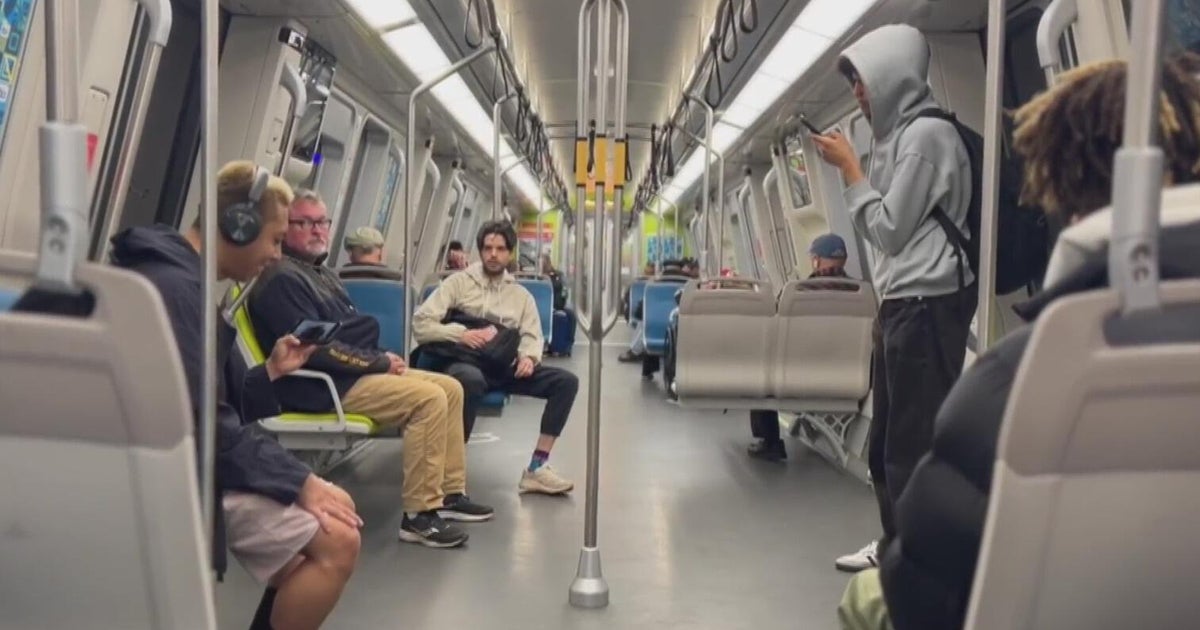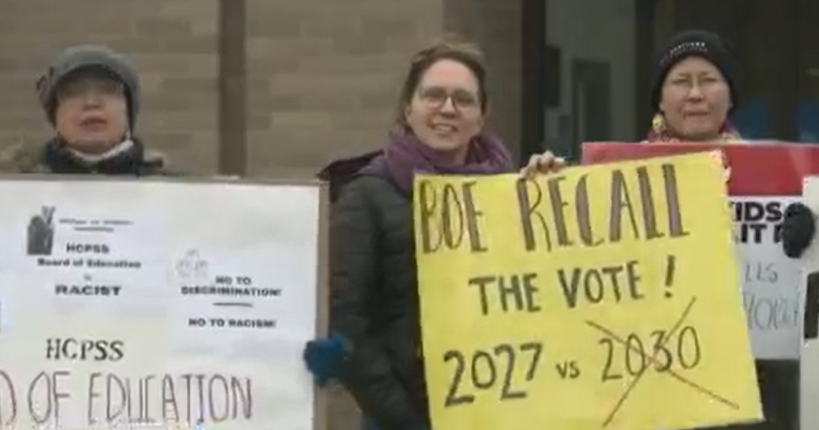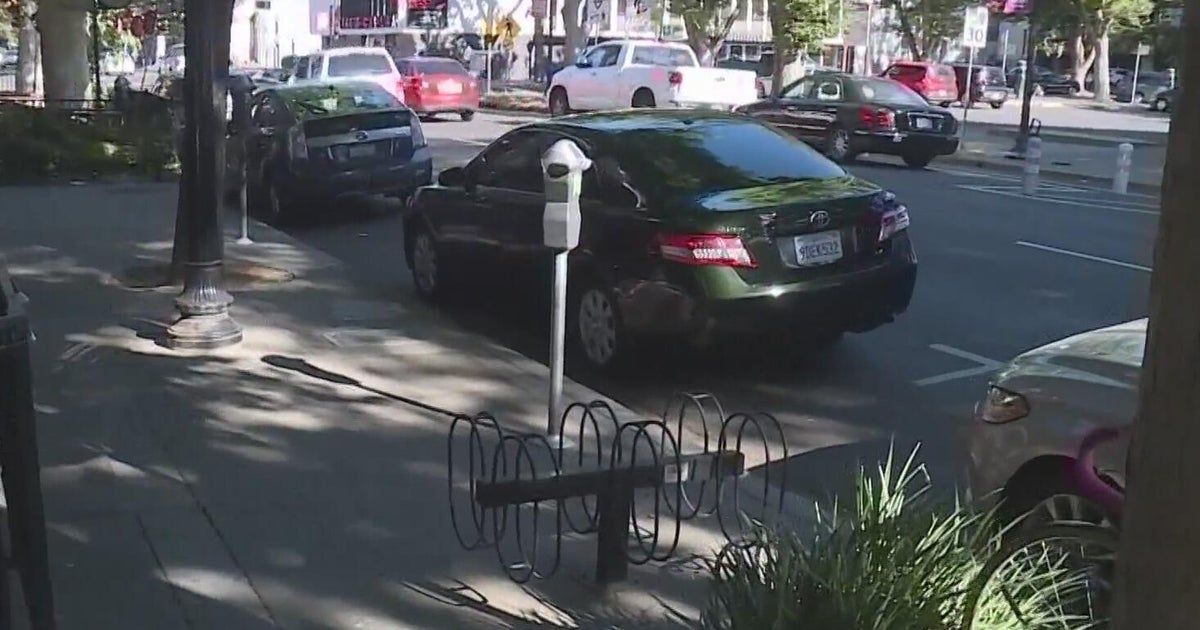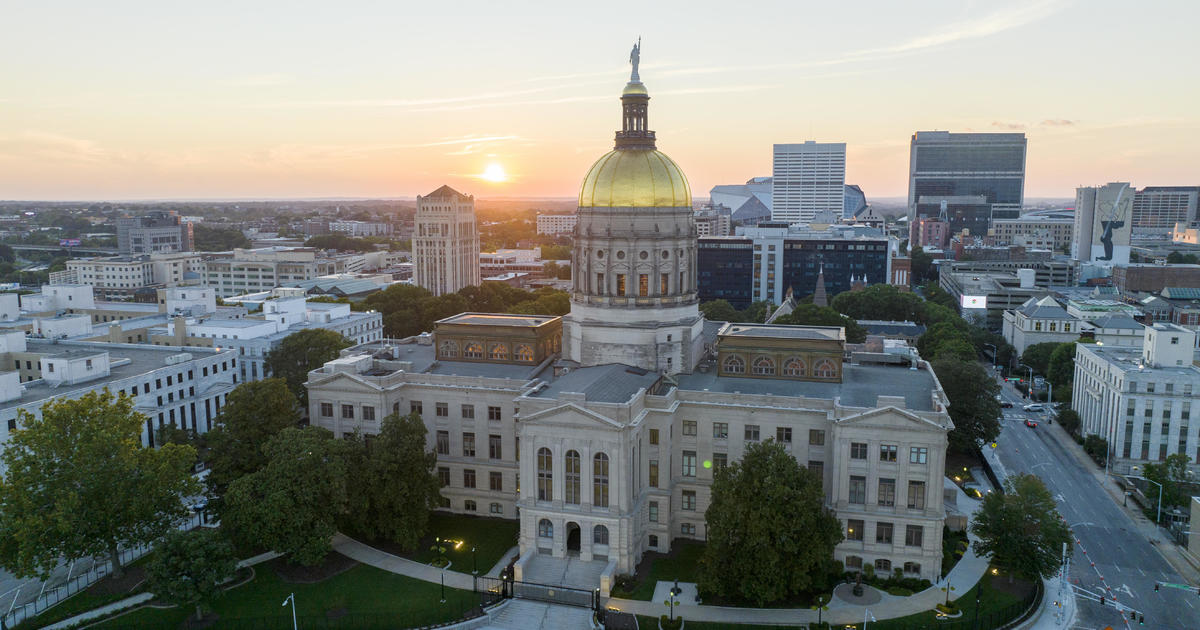BART Board Amends Budget Due To COVID-19 Pandemic
OAKLAND (CBS SF) -- BART would have finished fiscal year 2020 facing a budget deficit of some $120 million were it not for federal funding help during the novel coronavirus pandemic, agency officials said Thursday.
BART's Board of Directors unanimously approved a resolution to amend the agency's fiscal year 2020 budget to account for adjustments from late in the fiscal year, which ended June 30.
While the agency ended the fiscal year with a balanced budget, plummeting ridership due to the pandemic and state and local shelter-in-place orders nearly blew a hole in BART's financial health.
Multiple directors praised the agency's budget staff for their efforts to adjust the budget for the turbulence at the end of the fiscal year.
"This was a Herculean lift in order to be able to gather all this information and make sure that you've got it right," Director John McPartland said.
Prior to the pandemic's onset in mid-March, BART fare and sales tax revenue was trending higher than the agency's projection of $822.5 million, according to Christopher Simi, the agency's director of budget.
However, BART ridership fell to as low as 6 percent of per-pandemic levels in the fiscal year's fourth quarter, resulting in a fare revenue shortfall of nearly 27 percent and a 3.6 percent drop in expected sales tax revenue.
BART's budget solvency was shored up through nearly $200 million in funding from the Coronavirus Aid, Relief and Economic Security Act, which federal legislators passed in March and included billions in aid for financially starved public transit agencies.
BART also placed roughly $65 million in leftover CARES Act funding in its economic uncertainty reserves and plans to use at least a portion to shore up revenue losses during fiscal year 2021, Simi said.
BART officials continue to reinforce their need for additional federal funding the longer the pandemic drags on to keep trains running at their normal rate.
Ridership has sat around 12 percent of expected levels for about three months, according to BART data.
Fare and sales tax revenue projections are further complicated by the unknown timeline of when a coronavirus vaccine could be widely available and how long its effects last.
Agency officials said cost-cutting options should be on the table when the board considers a potential budget revision in October.
Several board directors said it's unknown whether ridership will even return to its pre-pandemic levels following the Metropolitan Transportation Commission's decision Wednesday to mandate many Bay Area employers of 25 people or more to have 60 percent of their workers telecommute to work to reduce greenhouse gas emissions.
The mandate is part of the MTC's regional transportation plan, which will serve as a blueprint for development and funding allocation through 2050.
"I was honestly disgusted by the MTC's action," Director Rebecca Saltzman said, "because not only does it not make any sense, they're basically passing the buck ... saying 'we have no way to meet our greenhouse gas reduction goals and this is a convenient way to do it.'"
The BART board is expected to discuss potential budget revisions at its Oct. 8 meeting, with a vote on those revisions set for Oct. 22.
© Copyright 2020 CBS Broadcasting Inc. and Bay City News Service. All Rights Reserved. This material may not be published, broadcast, rewritten or redistributed.
